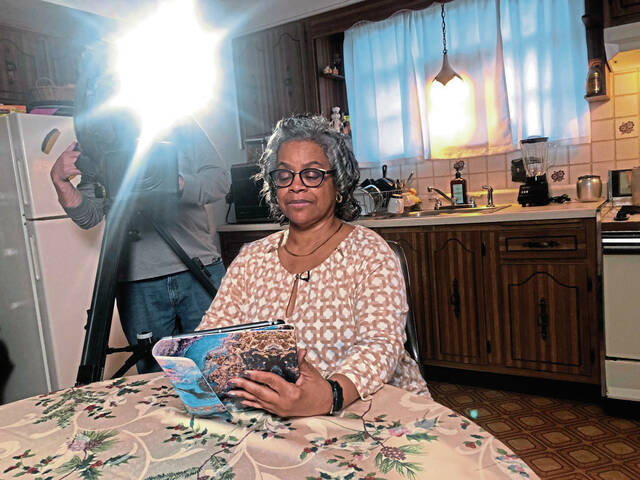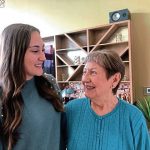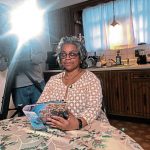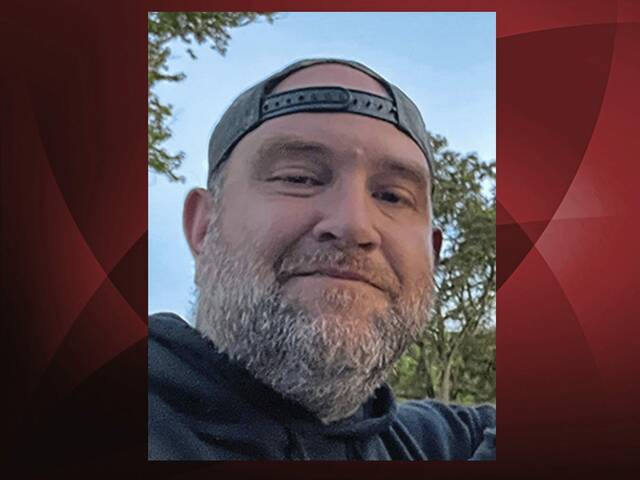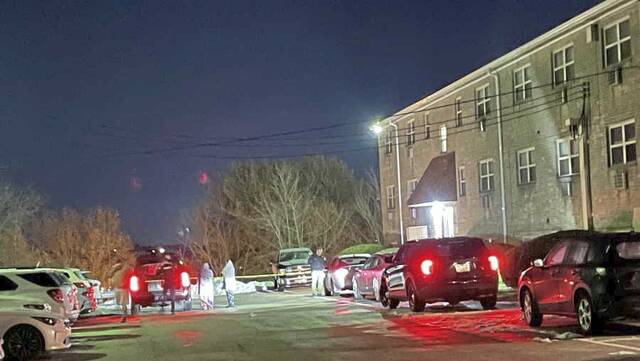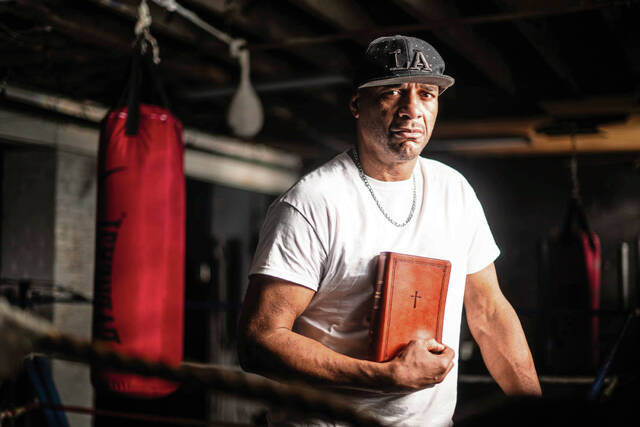Isolation’s damaging effects, experienced by many during the covid-19 pandemic, can include declines in both physical health and mental health.
It’s the topic of a recent WQED documentary and a free presentation Wednesday on the Pitt-Greensburg campus that will include a screening of “Alone: Isolation Hurts.” There will be a panel discussion, too.
The event begins at 7 p.m. in the Mary Lou Campana Chapel and Lecture Center.
The documentary, which debuted Feb. 16 on WQED, includes five stories of people from the area whose lives have been affected by isolation as well as those who are working to alleviate the problem.
The program’s producer, Beth Dolinar, will moderate the panel discussion.
“There are so many reasons for isolation,” Dolinar said. “It’s rampant among all age groups.”
In addition to depression and suicide, isolation has been linked to dementia, poor sleep and risks for a stroke or coronary disease.
There were 62 suicides in West- moreland County last year, the highest number since the county coroner’s office started tracking self- inflicted deaths in 2005.
“The pandemic really snowballed the effects of loneliness,” said Heather McLean, a panel participant who is the outreach coordinator at nonprofit Mental Health America of Southwestern PA. “We were taken out of our communities for a couple of years.”
As covid-19 restrictions eased, she said, “Some people were excited to get back into the community, and some still have to get back.”
Isolation can be a particular problem for senior citizens, who may be more concerned about catching covid, said McLean. Her other roles include emergency behavioral health coordinator for Westmoreland County and chairperson of Ray of Hope, the county’s suicide awareness and prevention task force.
Feelings of isolation also can be an issue for young adults.
“When a child leaves their home and goes to college, they’re taken out of the home support system they’ve known,” said McLean. “They have to relearn everything. When they do start struggling, often they don’t reach out.”
Among those sharing their experiences in the documentary is Joel Richard of White Oak, who also will participate on the panel in his role as a mental health advocate and teacher with NAMI (National Alliance on Mental Illness) Keystone PA.
“He was isolated even before covid,” Dolinar said. “He had some depression after the death of his father, and that evolved into not wanting to connect, even with his own family.”
He was able to break his isolation by joining a tabletop gaming group, according to Dolinar.
“It gave him somewhere to go, even if he didn’t feel like it,” she said. “Now he’s a peer advocate reaching back to help others.”
Other segments of the documentary focus on: a graphic artist who turned to alcohol when she experienced isolation; a woman who used a video to communicate through a glass barrier with her mother, who was a nursing home resident; and a client who experienced a decline when the pandemic curtailed a day care program.
The documentary also explores a program that houses La Roche University students in an apartment complex for senior citizens.
“It’s a mutually beneficial inter-generational program,” Dolinar said. “I like to leave viewers with a feeling of hope.”
Lack of transportation, physical disabilities, limited finances and limited internet access or skills are all potential factors in isolation, McLean said.
“The challenge is getting people connected to their community and connected to resources,” she said.
For those who are able, McLean said, volunteering for a local program or simply getting outside to walk can be no-cost ways to break free from isolation.
Walking, she said, is “important on different levels. It’s good for your brain. Also, you’re breathing a little bit harder. That brings more oxygen into your body, which can be very healing.”
Wednesday’s panel also will include Gayle F. Pamerleau, director of counseling at Pitt-Greensburg.
Doors open at 6:30 p.m. Light refreshments will be served.
Visit wqedalonescreening.eventbrite.com to register for the event.



